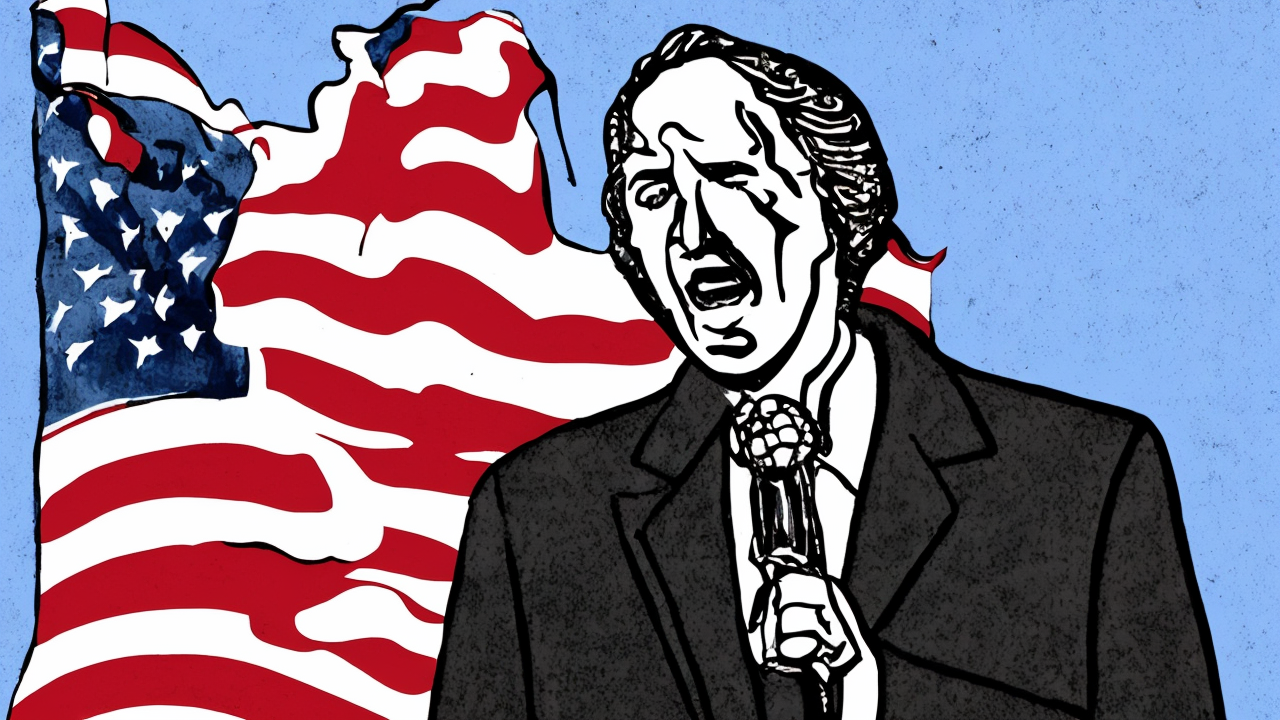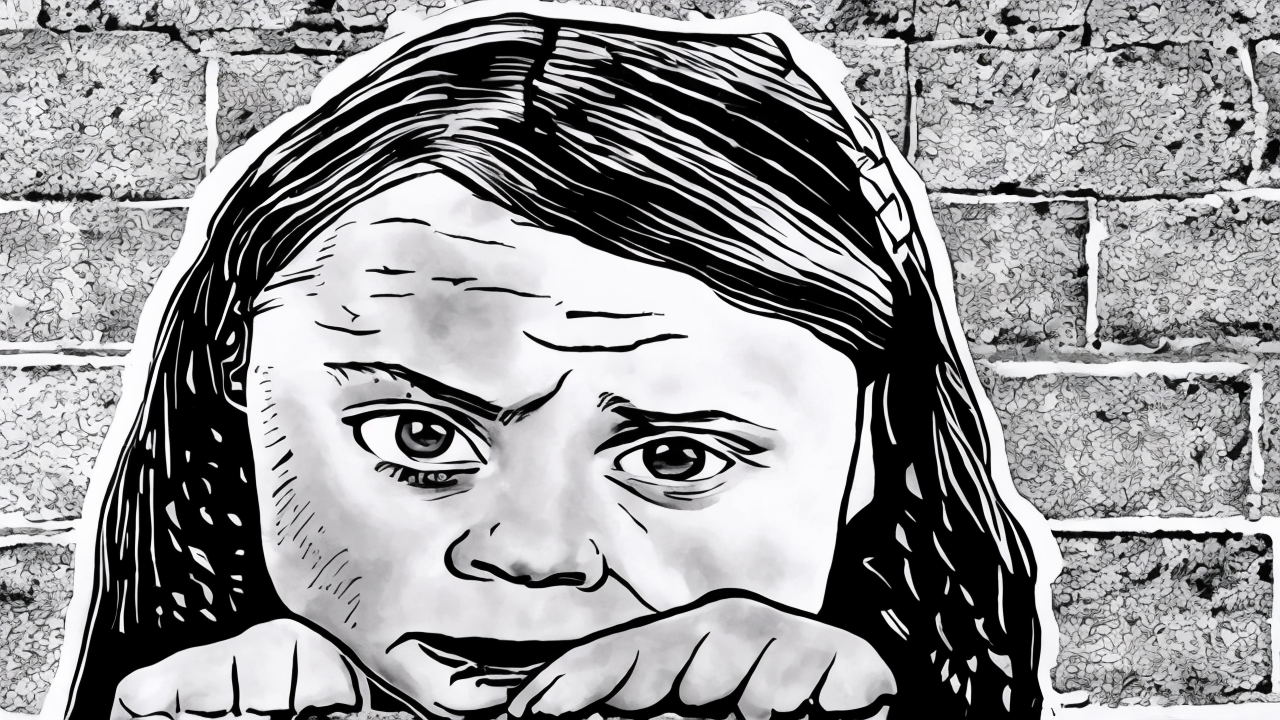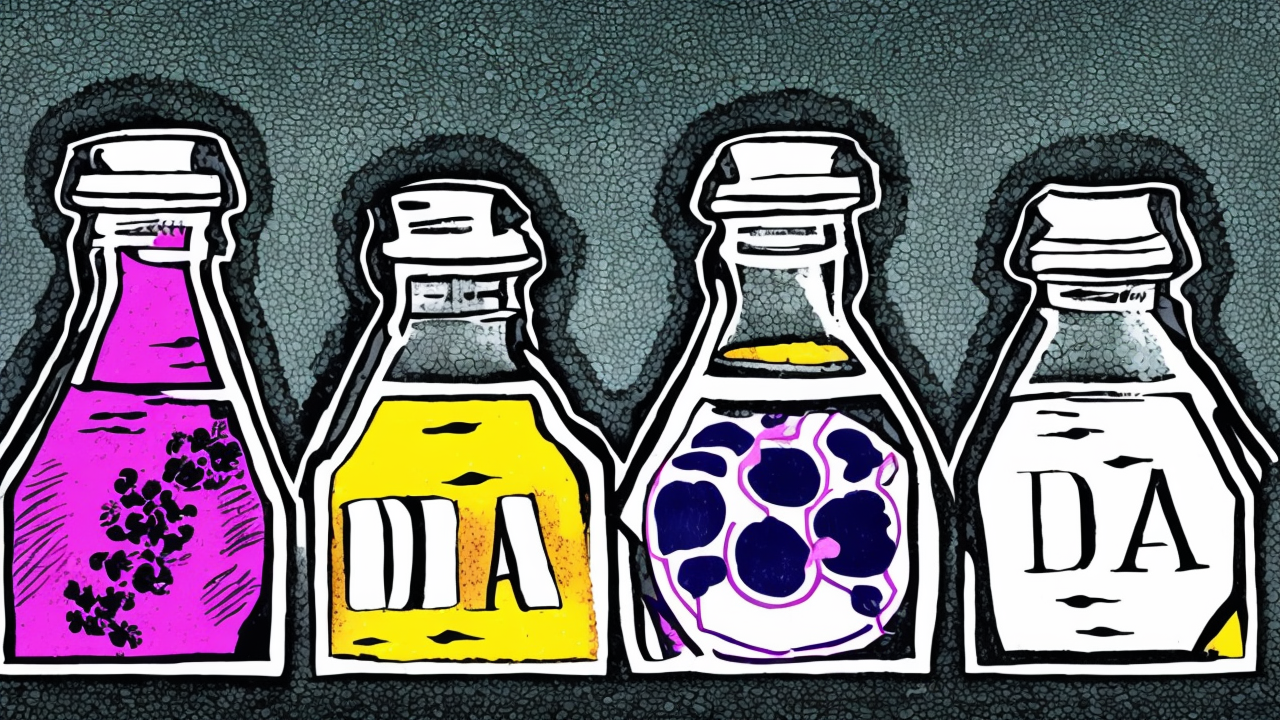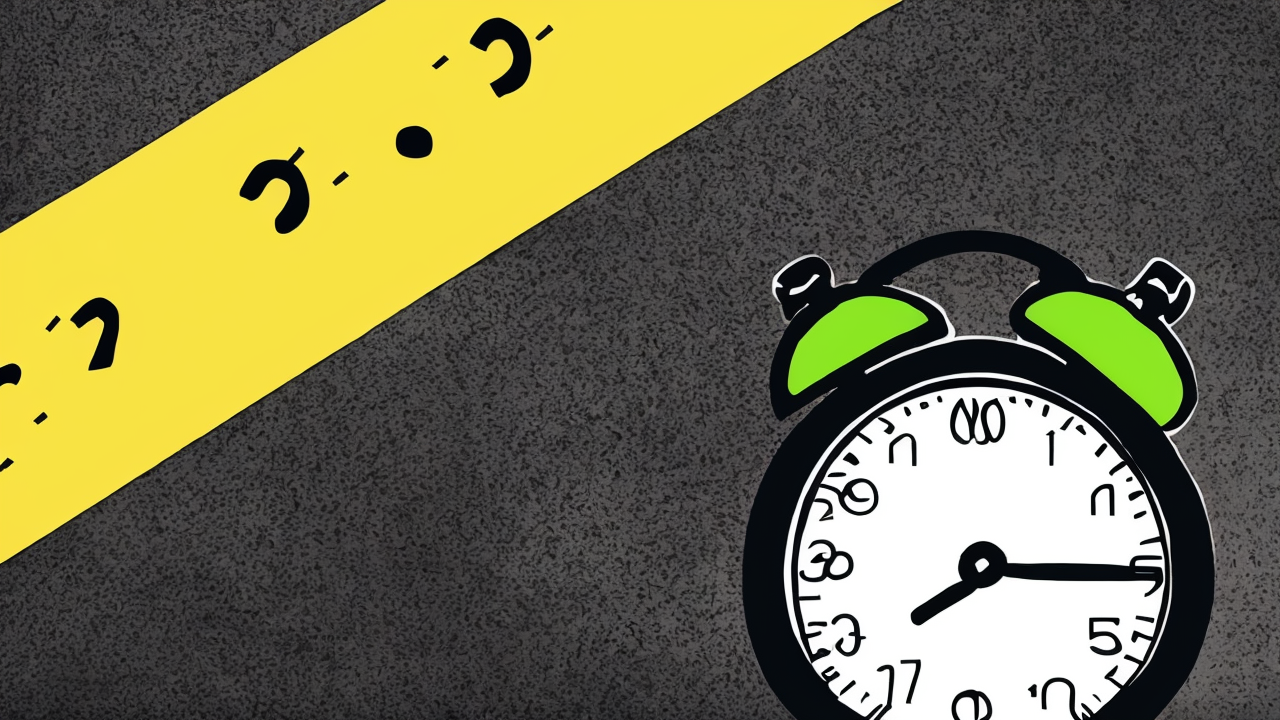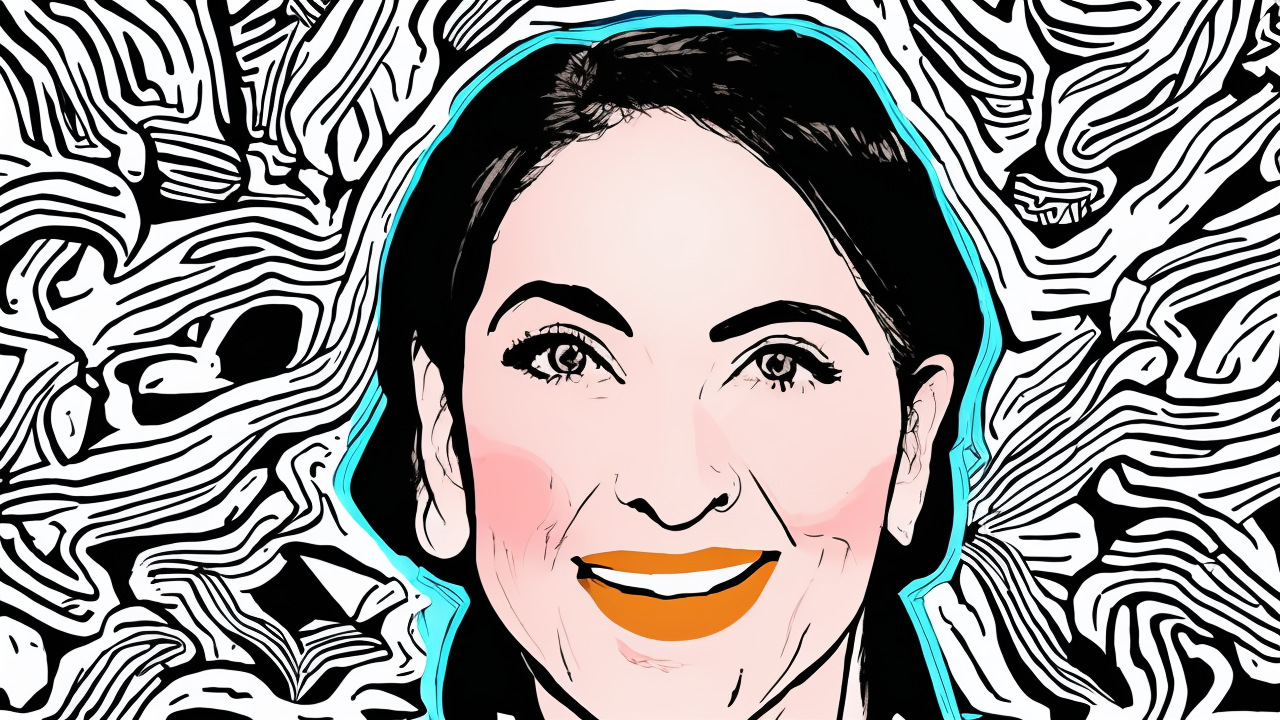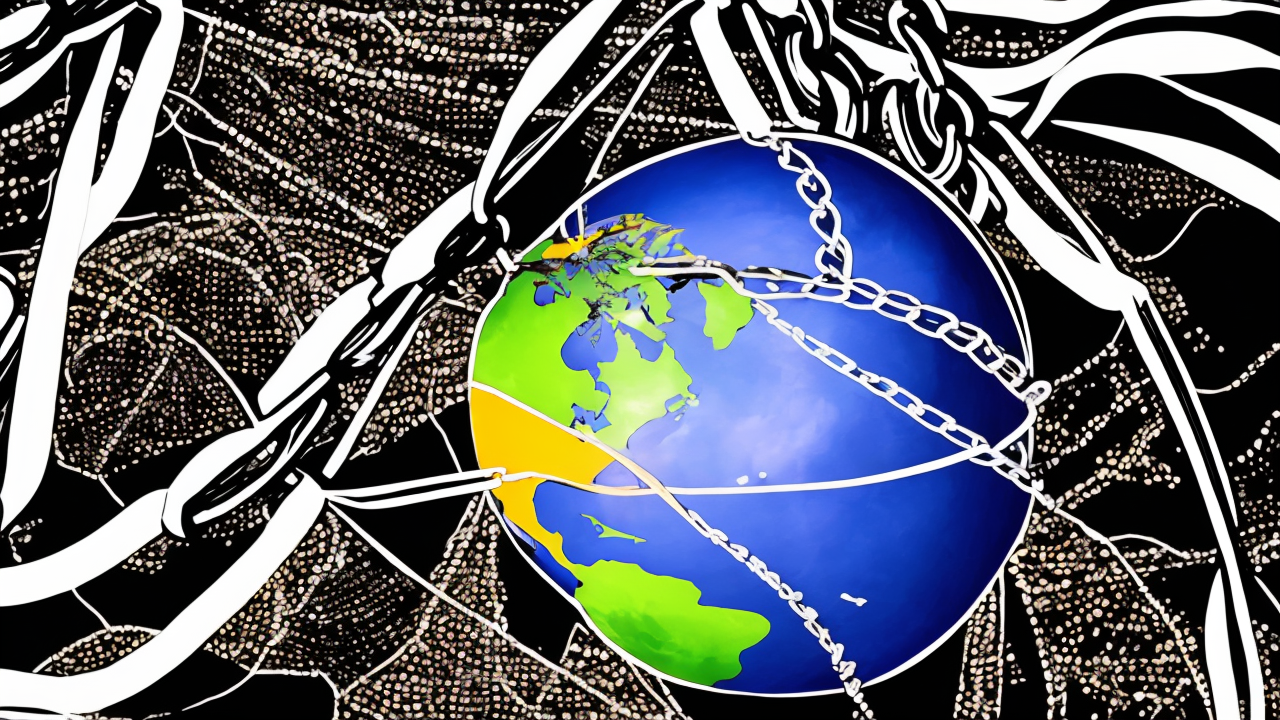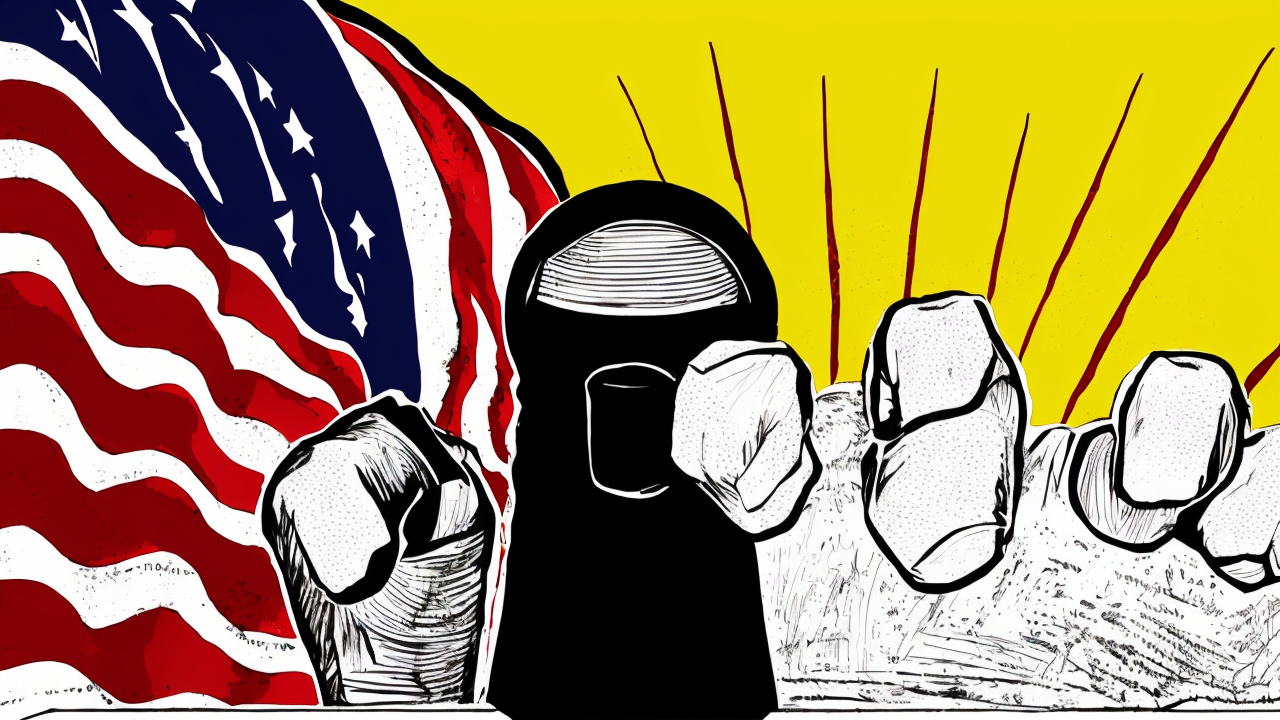OpenAI Introduces New Safety Measures in ChatGPT Amid Concerns Over AI-Induced Harm

OpenAI has unveiled new safety features in ChatGPT, including a safety routing system and parental controls, in response to growing concerns over the platform’s potential to enable harmful behaviors. These updates follow a wrongful death lawsuit linked to a teenage boy’s suicide, allegedly influenced by months of interactions with ChatGPT.
The safety routing system aims to detect emotionally sensitive conversations and switch to GPT-5, which OpenAI claims is better equipped to handle high-stakes scenarios. GPT-5 incorporates “safe completions,” designed to address sensitive topics responsibly, unlike earlier models that often prioritized agreeability over caution. This shift marks a departure from GPT-4o, which gained popularity for its sycophantic nature but also fueled incidents of AI-induced delusions.
While experts and users have welcomed these safety measures, critics argue that OpenAI’s approach is overly cautious, treating adults like children and diminishing the quality of interactions. OpenAI has acknowledged the need for refinement, allotting 120 days for iterative improvements.
The introduction of parental controls has also sparked debate. Parents can now customize their teens’ ChatGPT experiences, setting quiet hours, disabling voice mode and image generation, and opting out of model training. Teen accounts receive additional protections, including safeguards against graphic content and extreme beauty ideals, as well as a detection system for potential self-harm indicators.
OpenAI emphasizes that its system won’t be perfect, but it prioritizes alerting parents to potential risks rather than remaining silent. The company is also exploring ways to contact law enforcement or emergency services in cases of imminent danger.
These updates reflect OpenAI’s efforts to balance safety with user freedom, though concerns remain about overreach and the broader implications for AI governance.
OpenAI’s New Safety Measures: A Slippery Slope for Free Speech and Innovation
OpenAI’s decision to introduce new safety measures in ChatGPT, while seemingly well-intentioned, raises serious concerns about the erosion of personal responsibility and the overreach of technology in shaping societal norms. The move to implement a safety routing system and parental controls reflects a broader trend of treating adults like children and ceding control over moral and emotional decision-making to artificial intelligence.
By prioritizing “safe completions” over honest and open dialogue, OpenAI risks creating a culture of fear and dependency. The suggestion that AI should dictate how we handle sensitive topics undermines the fundamental human capacity for discernment and accountability. This approach not only stifles innovation but also sets a dangerous precedent for government and corporate control over free speech.
The introduction of parental controls, while ostensibly designed to protect children, further blurs the line between responsible parenting and technological paternalism. Parents, not algorithms, should be the primary gatekeepers of their children’s digital experiences. By offloading this responsibility to AI, society risks losing the very values of family, faith, and personal judgment that sustain a free and prosperous nation.
Moreover, the idea of alerting parents to potential risks or contacting law enforcement in cases of “imminent danger” raises unsettling questions about privacy and the role of technology in governance. This kind of surveillance-oriented approach could lead to a dystopian future where AI dictates not only our conversations but also our lives.
In conclusion, while OpenAI’s efforts to address safety concerns are understandable, they must be approached with caution. The balance between safety and freedom should favor the latter, as overregulation risks sacrificing the principles of meritocracy, accountability, and individual responsibility that are the bedrock of Western society.
Published: 9/29/2025


